
Buying a home is arguably the biggest decision of a person's life. It's a major financial commitment with implications that will last for years, even decades. If you've reached the position where you're confident that ownership is indeed right for you, congratulations! That's the first half of the battle done.
Next comes another tough decision that all too many buyers fail to recognize the importance of: purchasing a condo or traditional single-family home. Both have benefits and drawbacks, but those pros and cons can mean different things to different people. To make your first home purchase worthwhile, it's important to fully consider what each route has to offer.
Buying a Home & Buying a Condo: What’s The Difference?
Condos and single-family homes are both types of residential real estate. Each property-type is typically bought and sold between private individuals on the open market, or purchased directly from a developer. Other than a locking door and roof overhead, though, condos and single-family homes have some distinct differences.
- Attached Living: An obvious one is the type of ownership you’ll have. Generally speaking, when buying a condo unit, you own the individual unit from floor to ceiling. Any shared spaces or common areas in the building are owned by all of the owners with each one having an equal claim to them.
- Detached Living: On the other hand, with a single-family home, you’ll own both the structure and any land it rests on outright. You also get more privacy since no one is living directly above or below you – something that’s common in condos.
- Added Expenses: Condos generally come with an additional layer of non-mortgage-related fees and expenses (HOA dues, special assessment fees, etc.) that need to be factored into the budgeting process. Homes have regular costs too, although they're less planned in nature. They're generally considered more likely to require sudden, ad-hoc maintenance than condos. When you live in a shared building, the cost of fixing common problems is factored into the flat monthly fee. Monthly fees also typically cover amenities condos feature such as fitness centers, pools, and other communal spaces that are usually unavailable in homes. Depending on the location of a condo unit within a building, you may also have access to high-rise views and a closer proximity to public transportation – something that varies widely based on the town.
- Maintenance: What's perhaps the most underappreciated difference between living in a condo and living in a single-family home is property management. Virtually all condo and apartment buildings today have dedicated people on site to assist with maintenance, repairs, and facility management. They may also patrol the grounds and handle the concerns of other tenants in a way that homeowners would need to do on their own with home ownership.
What is The Role of a Condo Association?
In its simplest terms, the role of a condo association is to uphold the condominium's bylaws and regulations. Most condos have a Board of Directors that is elected by the unit owners, with responsibility for enforcing rules and maintaining common areas, such as lobbies or green spaces. The Board is also responsible for collecting maintenance fees from the unit owners and distributing them to pay for insurance, repairs, and other expenses. In addition to these duties, Condo Associations are sometimes expected to manage rental arrangements or oversee the security of the building for its residents.

HOA Fees & Special Assessments: What Are They and What To Know
With so many responsibilities, condo associations play an important role in maintaining a safe and comfortable living environment for all who occupy condo buildings. They aren't all made equal, though. Every property or condo building has its own rules concerning maintenance fees, special assessments, and other matters. For instance, some condos require all unit owners to pay an annual fee that covers the cost of repairs and improvements to common areas. Other properties might only charge a portion of the total expense on each unit.
Understanding Special Assessments
Special assessments are additional fees imposed on all homeowners, usually to cover unexpected or extraordinary costs. They might be used to pay for a large capital improvement project, such as new roofing or plumbing repairs. Special assessments can also be used to cover legal and administrative costs related to a dispute or other issue.
Building or Complex Rules Enforcement
Condo Associations have the responsibility of making sure that all rules are enforced. This can include restrictions on noise levels, rules about parking, types of pets allowed, and more. On-site staff will ensure that not only everyone else abides by building policies, but you as well. Failure to do so can result in fines or other penalties. First-time condo buyers need to understand what they are getting into before committing to purchase a unit. Be sure to get a clear picture of what fees you will be responsible for, what rules you will be expected to follow as a resident, and how both of those things might affect your living experience.
Condo Financing: A Quick Overview
Both condos and single-family homes are bought in the same ways: either with cash or through a mortgage. The latter scenario is the most common as it requires less capital upfront. To get a mortgage, you'll need to visit a lender to get pre-approved. There are first-time homebuyer programs that can help buyers get assistance with down payments and closing costs, so research your options if you need some extra support.
Your loan officer or real estate agent will be a great source of information about what type of mortgage you qualify for and which lenders offer the best terms. First-party mortgage providers, like banks, tend to be the most popular because they can be found easily and offer more competitive rates. Private lenders, like credit unions, may also have better terms than traditional lenders but may require additional paperwork or verification from borrowers. It's important to compare all of your options and find one that meets your budget and circumstances.
Remember, a low condo mortgage rate won't guarantee that your monthly payments are low - interest type, amortization, building fees, and applicable land taxes can all make even the most seemingly affordable of properties more expensive to afford. The best way to start this life-changing journey is by connecting with a local real estate professional with experience in both condo and single-family home purchases. They'll be able to assess your situation and provide recommendations based on your financial situation and goals.
Chicago's Best Neighborhoods For First-Time Condo Buyers
Chicago is a neighborhood city, which means first time condo buyers will have plenty of choices when it comes to location. But just what locations are best for first time home and condo buyers in the Windy City? Here's a quick look at some of the top locations we recommend first time condo buyers consider.
- Lakeview: We love Lakeview as an option for first-time home buyers for so many reasons. You'll find so many bars, restaurants, shops, and cafes scattered all throughout this north side neighborhood, and it's one of the more transit-friendly parts of the city as well. The CTA Red, Blue, Brown, and Purple Lines all have stations in and around Lakeview, not to mention countless bus routes too. And because Lakeview is also packed with vintage low-rise and mid-rise condo buildings, finding an affordable condo is a realistic option as well.
- Edgewater: Most Chicagoans know downtown high-rises along the lakefront can be pricey. But if you look further north, you'll find a plethora of high-rises that sit just off the beach for prices that are truly affordable. Yes, we're talking about Chicago's Edgewater neighborhood, and it's perfect for any and all first time condo buyers who are looking for that elusive high-rise unit with a premium view. And because Edgewater is serviced by Chicago's CTA Red Line, a downtown commute is as easy as it gets from the neighborhood.
- Uptown: Like Lakeview and Edgewater, Uptown is also a north side neighborhood on the lakefront; and it's also a great spot for first-time condo buyers too. Throughout Uptown you'll find affordable high-rises near Lake Shore Drive and endless vintage condos further inland. But we also love Uptown for first time condo buyers for its easy and direct access to some of the city's coolest concert venues and nightlife. From The Riviera to the Aragon Ballroom, there's always a great show to catch in the neighborhood, and a burgeoning restaurant and bar scene that's only getting better.

Looking for the perfect setting as a first time condo buyer? Start searching all available condos for sale by neighborhood now, or call or text (312) 953-0961 now to schedule a showing for a unit you'd like to see in person!
Affordability Resources: Buying With a Budget
If you're a first time condo buyer working with a tight budget, check out the following resources below, or contact us directly to discuss all your condo buying goals or for help finding the ideal Chicago condo for your unique situation.
- Affordable Printers Row Loft Buildings Buyers Should Consider
- Affordable Lakeview High-Rises First Time Home Buyers Should Consider
- Chicago Lofts That Are Perfect For First Time Buyers
Latest Affordable Condos in Downtown Chicago To Hit the Market


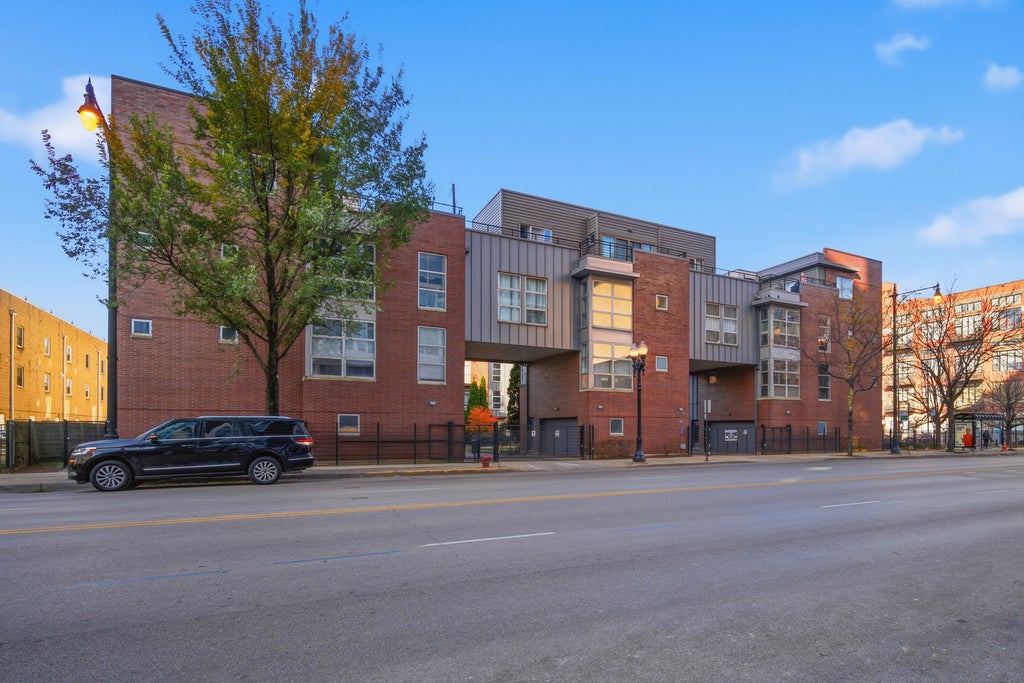

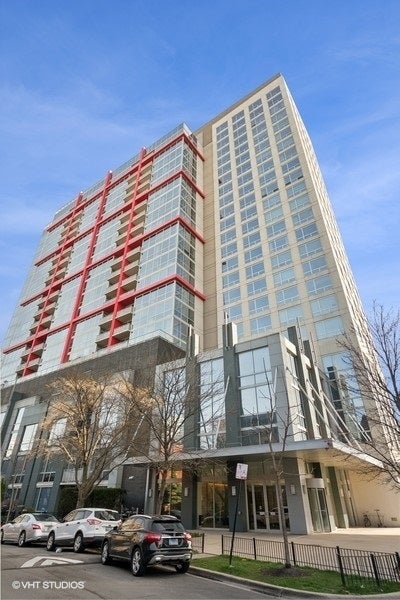
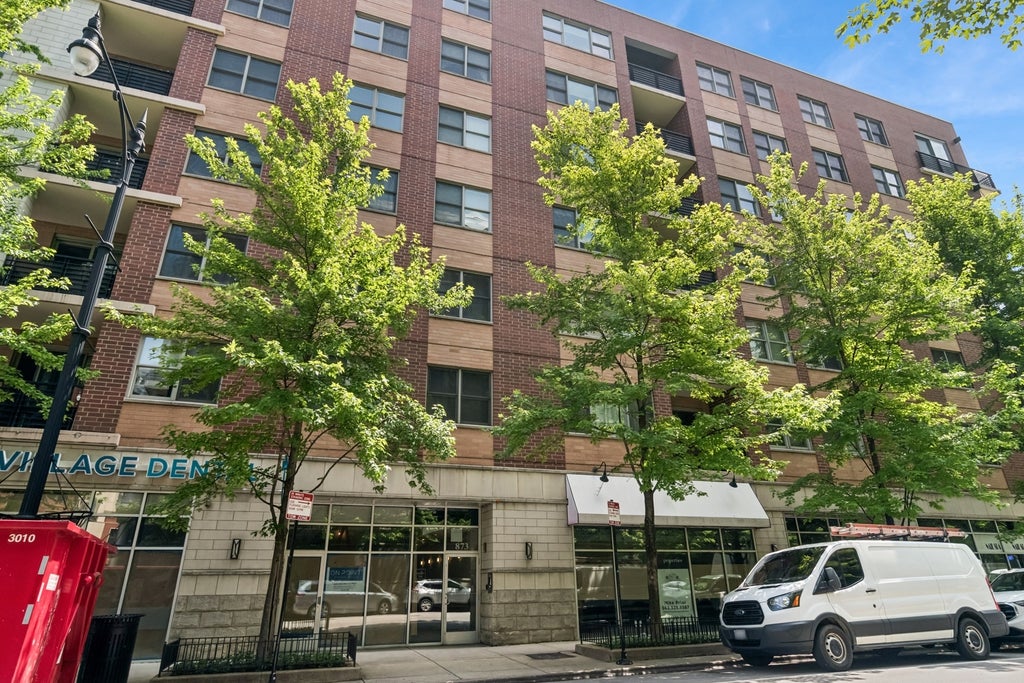
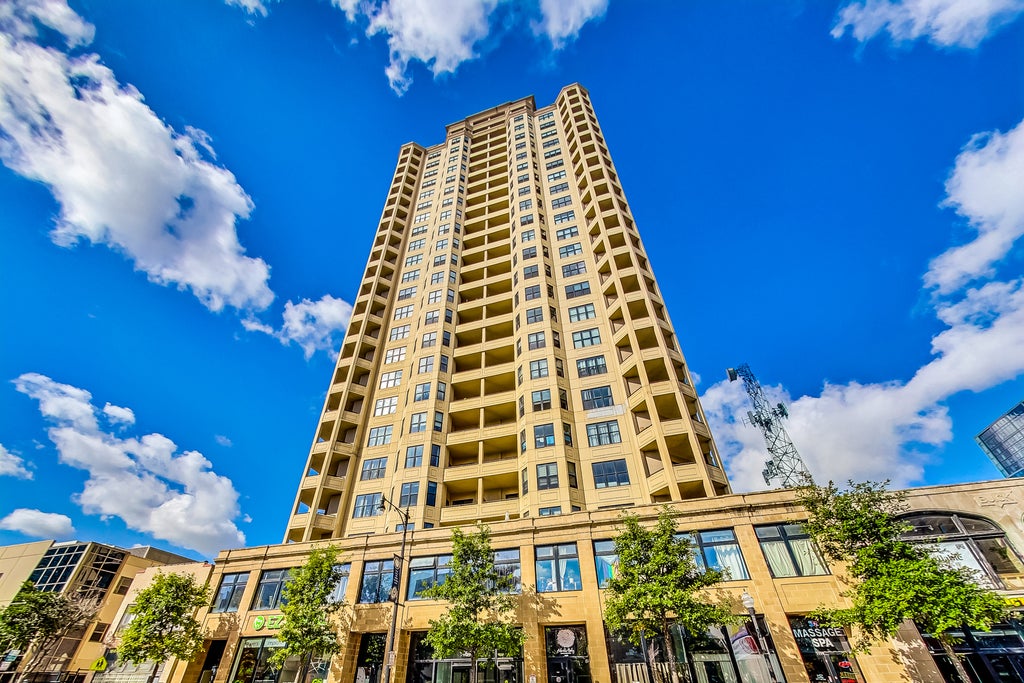
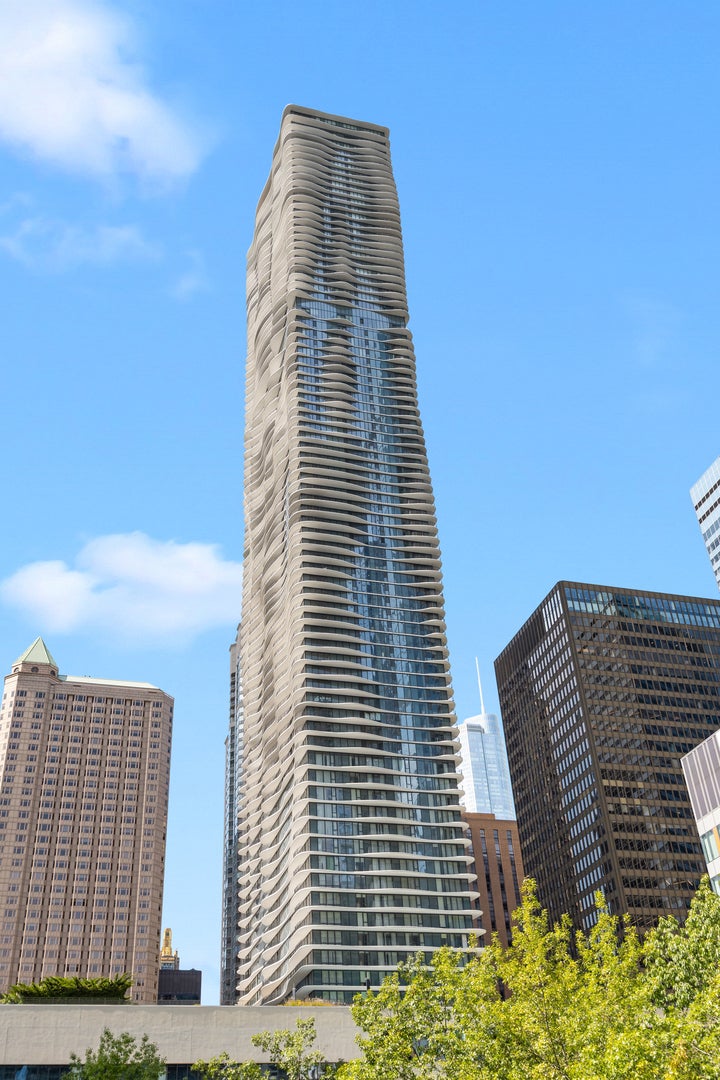
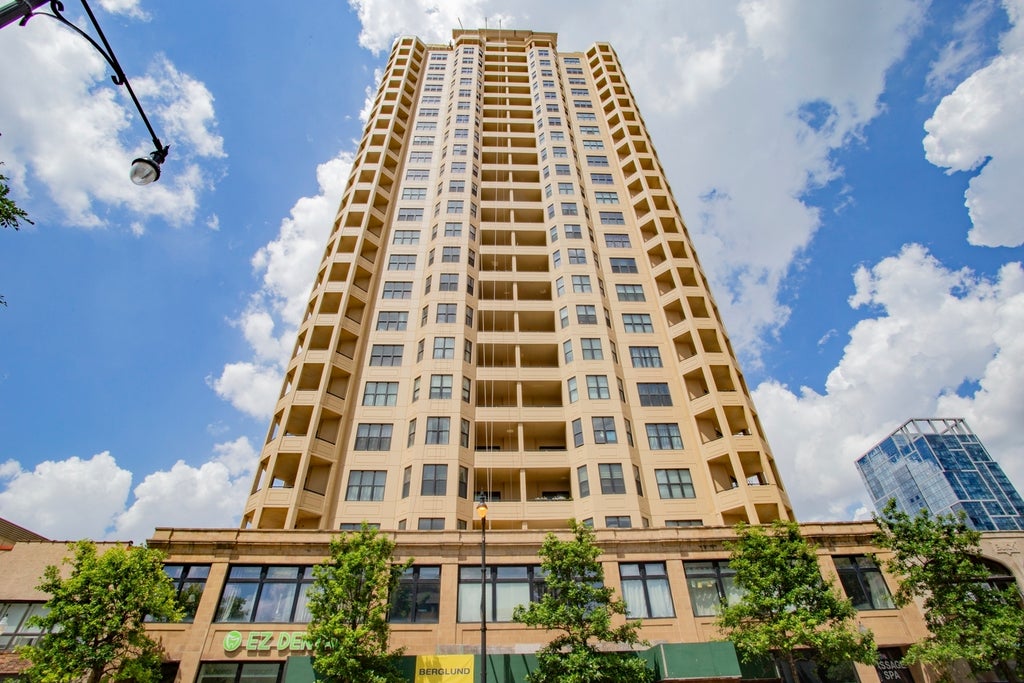
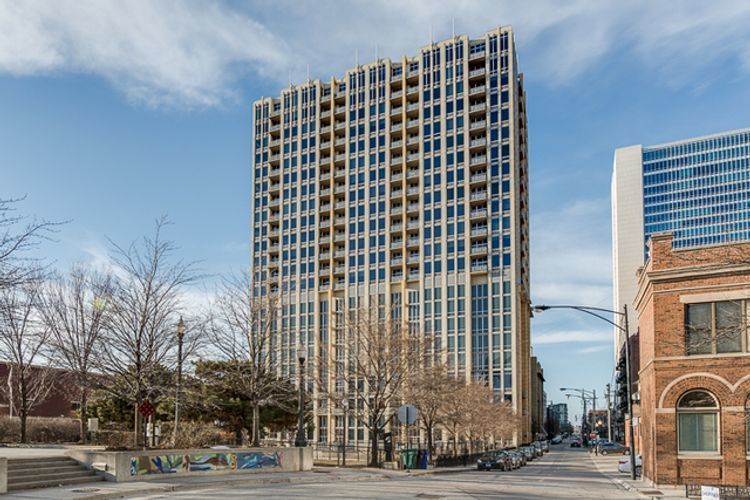
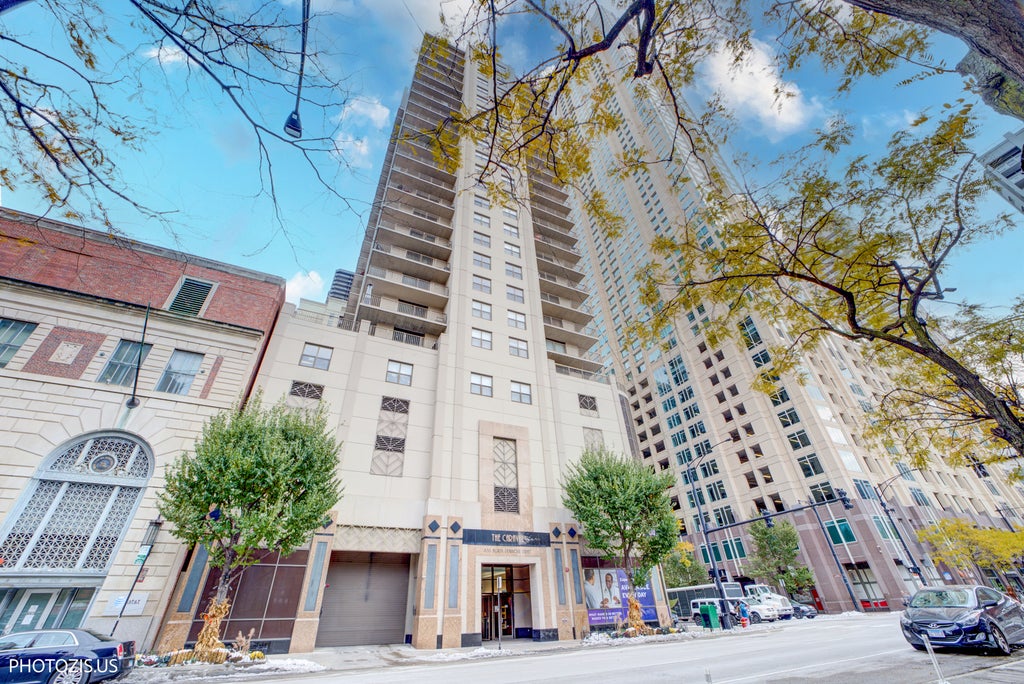
Leave A Comment